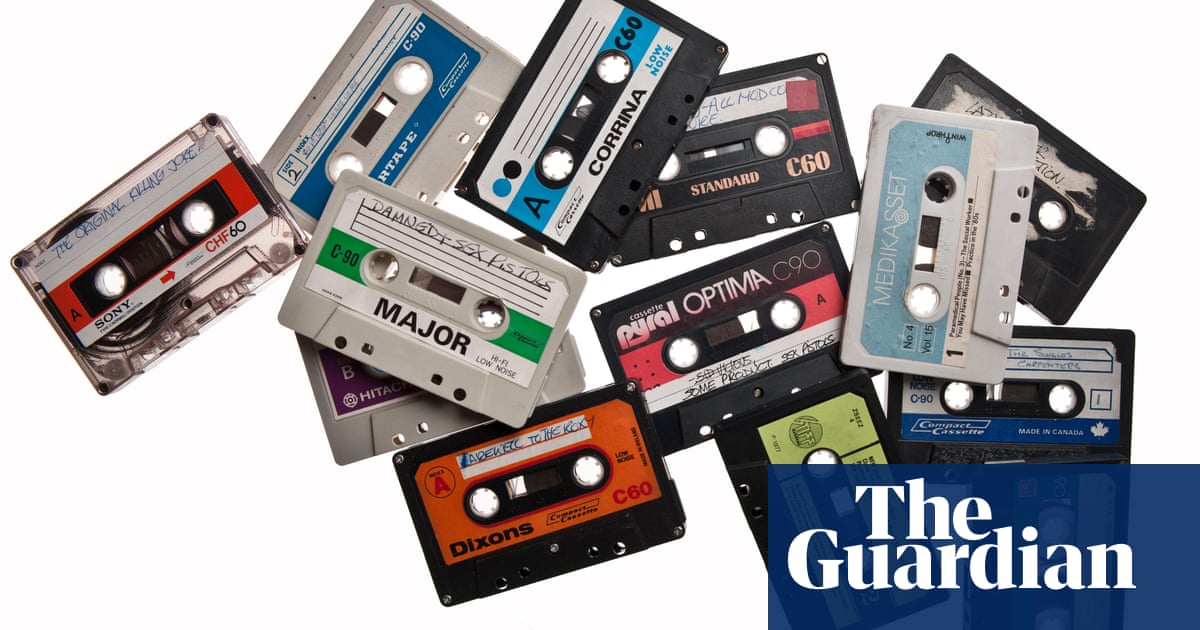
Charles Darwin created the most successful theory in the history of biology: the theory of evolution. He was also responsible for another grand theory: the theory of emotion, which dominated his field for more than a century. That theory was dead wrong.
The most important tenet of his theory was that the mind consists of two competing forces, the rational and the emotional. He believed emotions played a constructive role in the lives of non-human animals, but in humans emotions were a vestige whose usefulness had been largely superseded by the evolution of reason.
We now know that, on the contrary, emotions enhance our process of reasoning and aid our decision-making. In fact, we can’t make decisions, or even think, without being influenced by our emotions.
Consider a pioneering 2010 study in which researchers analysed the work of 118 professional traders in stocks, bonds and derivatives at four investment banks. Some were highly successful, but many were not. The researchers’ goal was to understand what differentiated the two groups. Their conclusion? They had different attitudes toward the role of emotion in their job.
The relatively less successful traders for the most part denied that emotion played a significant role. They tried to suppress their emotions, while at the same time denying that emotions had an effect on their decision-making.
The most successful traders, in contrast, had a different attitude. They showed a great willingness to reflect on their emotion-driven behaviour. They recognised that emotion and good decision-making were inextricably linked. Accepting that emotions were necessary for high performance, they “tended to reflect critically about the origin of their intuitions and the role of emotion”.
Though the successful traders embraced the positive and essential role emotions played, they understood that when emotions become too intense it is useful to know how to tone them down. The issue for them was not how to avoid emotion, but how to regulate and harness it. Today, it has become common for hedge funds and financial firms to employ “psychology coaches” to meet traders on a one-on-one basis, as portrayed in the television series Billions.
If emotions aid rational reasoning, how does that work? Perhaps the most important discovery regarding the role of emotion is that even when you believe you are exercising cold, logical reason, you aren’t. People aren’t usually aware of it, but the very framework of their thought process is highly influenced by what they’re feeling at the time – sometimes subtly, sometimes not. As the Caltech neuroscientist Ralph Adolphs puts it: “Each emotion is a functional state of the mind that puts your brain in a particular mode of operation that adjusts your goals, directs your attention, and modifies the weights you assign to various factors as you do mental calculations.”
Think of an iPhone. In its normal mode of operation, the phone’s goal is to always be ready to serve you. To best accomplish that, the iPhone is constantly at work, doing things like “listening” for you to yell “Hey, Siri”, checking to see if there are new emails to download, and updating your apps even if you are not currently using them. In low-power mode, the priorities are changed. Energy conservation is important, so these actions are reduced or stopped altogether.
Though enormously more complex, the human brain is like an iPhone in that it constantly carries out computations. It evolved to compute what actions would be most likely to nurture your health, prevent premature death and increase the probability that you will successfully reproduce. And like the iPhone, our brains possess a number of specialised programs, each tailored to solving a problem. Some of our programs apply to practical issues such as foraging, mate choice, facial recognition, sleep management and energy allocation. Others handle cognitive issues such as learning, memory, goal selection and so on.
Just as the iPhone adjusts its programming when in low-power mode, a biological brain can run in various modes, each with different characteristics. An emotion – both in humans and animals – is a functional backdrop that orchestrates and coordinates those many programs in a manner tuned to the type of situation you are in.
Consider anger, for example. Backed by the threat of aggression, anger creates incentives for others to appease the angry individual. Your mental calculus inflates the importance you place on your own welfare and goals at the expense of those of others. Coaches tap into anger as a motivational tool because the focus on self encourages athletes to push themselves to achieve their goals. Anger also causes you to perceive less risk, exacerbating risk-seeking. That can produce better judgments in situations where risk-aversion is inappropriate, as when you are analysing stocks, or playing poker.
The new view of emotion may not correspond to the way Darwin saw it, but it does support one of the basic conclusions of his theory of evolution: humans are not as different from non-human animals as people believed. What can we learn from this? The first and most crucial step is self-awareness. Studies show that those with high levels of emotional intelligence fare better in their personal and professional lives. By learning about our emotions we can read others better and communicate more effectively.
And by understanding how emotions affect our thoughts and reasoning, we can learn to recognise and monitor them. Then, once we’re in touch with our true feelings, we can take steps to manage them whenever that would be of benefit.
Leonard Mlodinow is a physicist and author of EMOTIONAL: The New Thinking about Feelings












